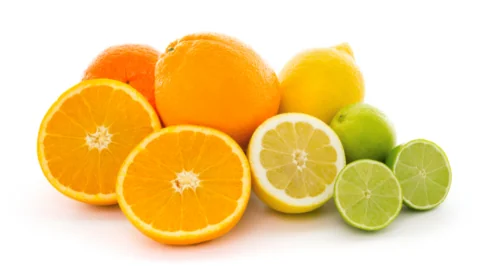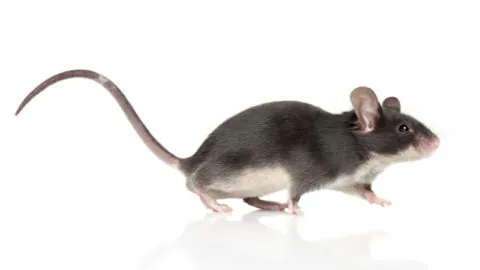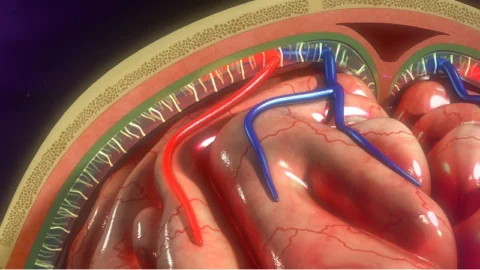July 11, 2024
Researchers have found that men and women have significant differences in how their brains' blood vessels change in Alzheimer's disease. The collapse of the blood-brain barrier Why We Age: Loss of ProteostasisThe loss of proteostasis is the failure of the protein-building machinery of the cell and the accumulation of misfolded proteins, which is one of...
October 30, 2023
Researchers publishing in GeroScience have discovered the molecular mechanisms through which fibrinogen, a protein that increases with aging, causes toxic compounds to more easily leak into the brain. The deteriorating blood-brain barrier In the brain, the microvessels (MVs) that are responsible for carrying blood to neurons and other cells provide careful filtration, both from infectious...
June 06, 2023
Korean scientists publishing in Nature were able to increase the stability of vitamin C, a powerful antioxidant, using a short, engineered DNA molecule called an aptamer. The result improved various aspects of brain aging in naturally aged mice [1]. The unstable antioxidant Oxidative stress is one of the most harmful age-related processes. In particular, it...
March 09, 2023
Research published today in Nature Aging has shown that heterochronic parabiosis, the circulatory joining of young and old organisms, has rejuvenative effects on the gene expression of multiple types of brain cells in mice. Parabiosis affects a wide variety of factors at once Heterochronic parabiosis is a well-known aging intervention in mouse studies, and some...
January 17, 2022
Publishing in GeroScience, a team of Oklahoma City researchers has found that a nitrone compound with a low molecular weight, OKN-007, maintains motor neuron functionality in the spinal cords of aging mice. Prior research OKN-007 is not new in the literature. This is a nitrone compound, which refers to a specific functional group in organic...
September 24, 2021
A study conducted in Sweden and published in Scientific Reports has outlined the relationship between aging and the metabolites present in cerebrospinal fluid (CSF), which cushions and supports the brain and spine. A detailed, metabolic analysis The researchers extracted CSF from 41 people aged 20 to 74 who don't have neurological disorders. They investigated somewhat...








